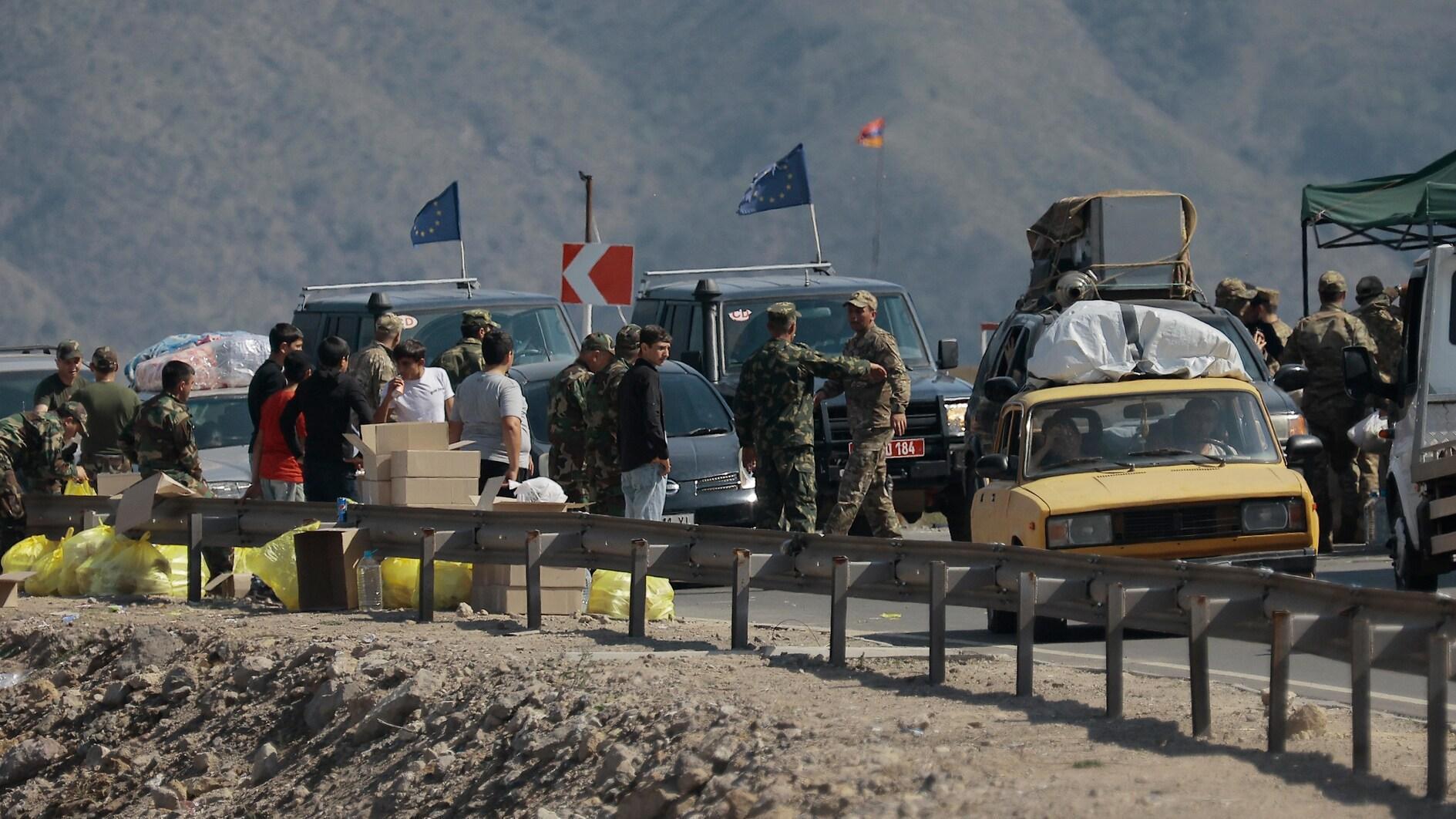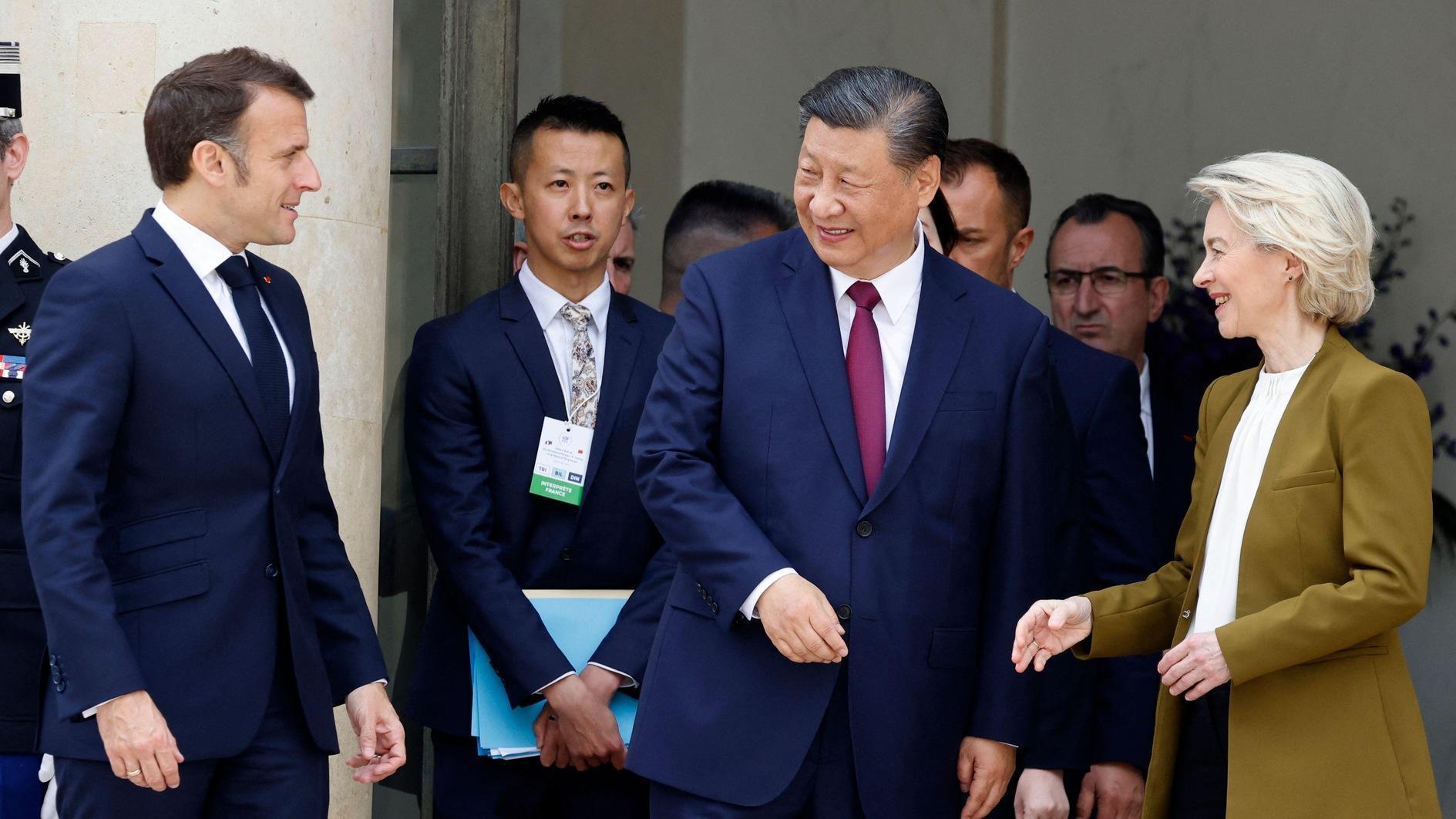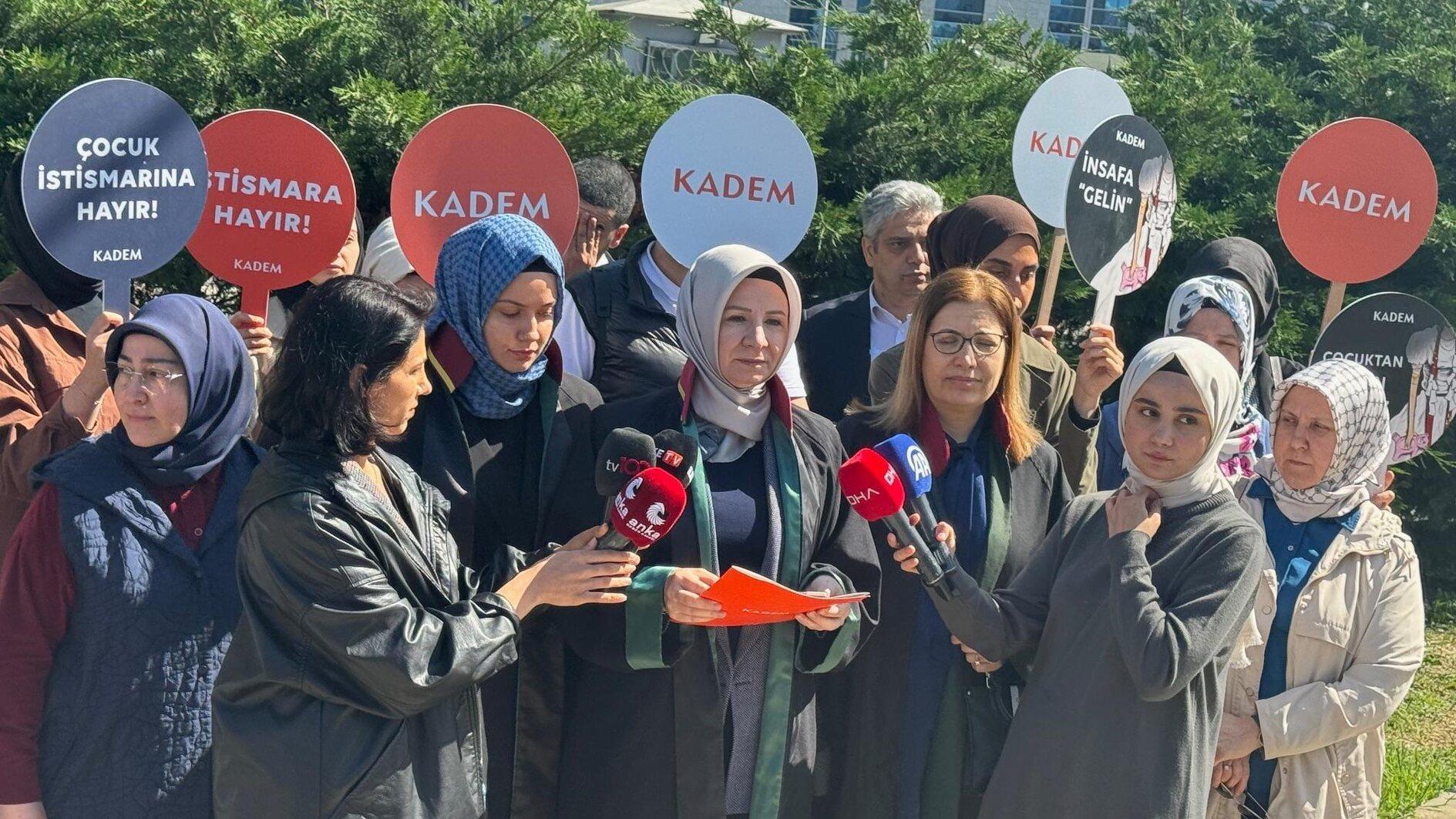Did we learn lessons from the Reyhanlı attack?
Only a few days after he affirmed that there could have been a disconnection between his intelligence organization and the security forces that caused negligence in preventing the deadly Reyhanlı attack from happening, Prime Minister Recep Tayyip Erdoğan introduced Hakan Fidan, intelligence chief, to U.S. President Barack Obama during the crucial meet in the White House’s Red Room, along with Foreign Minister Ahmet Davutoğlu, as his two best men he can rely on.
It’s no secret that both Fidan and Davutoğlu are two of the highest-level government officials who are under constant criticism from the opposition parties and even from the media. Erdoğan’s decision to include Davutoğlu and Fidan in his most crucial meeting with Obama indicates that his confidence towards these two men is still there and strong.
It’s no secret that questioning the potential negligence of the National Intelligence Organization (MIT) in the aftermath of any sort of terror attack or cross border assault from Syria, just as occurred in the Syrian army’s downing of a Turkish jet last year, has become a routine affair. Or, like the explosion that killed 17 in Cilvegözü border gate which was committed again by Syrian intelligence service, according to the Turkish officials.
The Reyhanlı attack, however, stands as a different case as there is strong evidence that the intelligence and the security forces joined hands in letting perpetrators commit one of the deadliest terrorist attacks in front of their eyes. President Abdullah Gül voiced his concerns on this during his visit to the crime scene last week while the prosecutor launched a probe into those who showed negligence before and after the attack.
The government was quick in removing the local police chief form the office and in restructuring the local organization of the intelligence in Hatay, one of the country’s most fragile provinces given its multiethnic and multi-sectarian composition, in which Turkey’s adversaries would attempt to stir the pot.
Then, it’s time to ask why it took nearly two years to take these steps and to increase the capability of the intelligence in this province? Yet, it’s well-known that Hatay has been one of the hottest points since the start of the turmoil in Syria as it attracted not only armed Syrian opposition groups but also intelligence services from all over the world.
Another question is on whether this disconnection between the intelligence and the security forces is still a reflection of a political disagreement between the government and the Fethullah Gülen community? A “yes” to this question would be a real misfortune for this country and for those who lost their lives in Reyhanlı.
On the foreign policy aspect, the Reyhanlı attack is yet another form of showing us that the country’s policy vis-a-vis Syria is making Turkey much more vulnerable and insecure. Both diplomacy and intelligence are the two most important instruments for any country to keep their citizens safe and their borders intact. It’s of great interest for the government to revise their functioning of these instruments as both Turkey and the Middle East are passing through difficult times.











